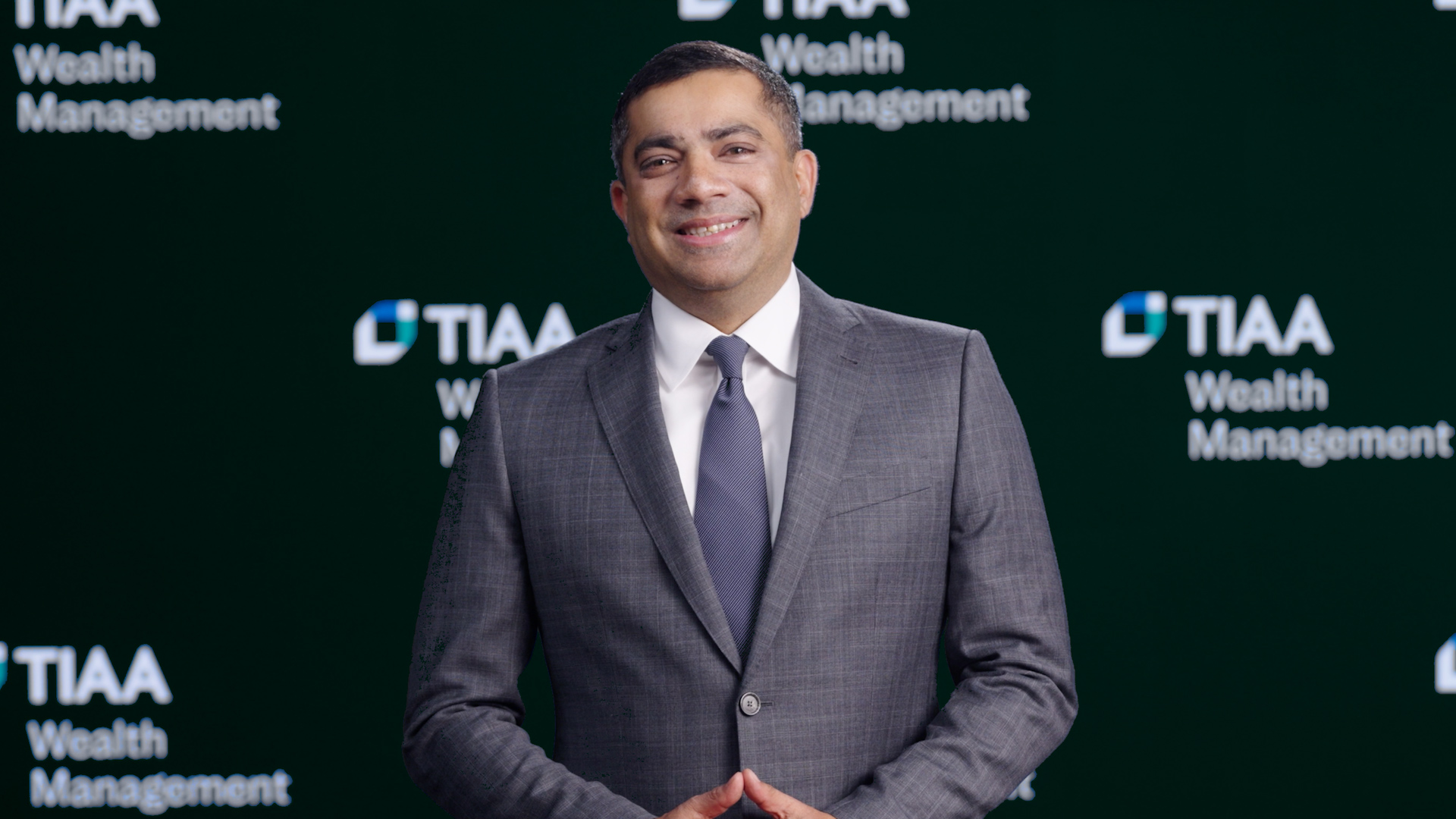Thought leadership
Wealth Management perspectives
Get actionable insights from our investing and financial planning experts on building, protecting and planning for your financial future.
Featured

2026 Outlook: Skating Forward
As the U.S. economy moves forward, the 2026 Outlook addresses investors' most pressing concerns and key themes we see shaping the markets in 2026.

How a Roth IRA can give adult children a running start
Learn how setting up a Roth IRA for your adult child could be the most valuable financial gift you give them. Explore contribution rules and tax benefits.

End-of-life care and financial planning
A financial advisor shares five essential end-of-life planning steps learned from her mother’s unexpected passing.
Latest
Topics
Publication
Let’s connect
Let our financial advisors help you make more informed decisions today that prepare you for tomorrow.
This material is for informational or educational purposes only and is not fiduciary investment advice, or a securities, investment strategy, or insurance product recommendation. This material does not consider an individual’s own objectives or circumstances which should be the basis of any investment decision.
Advisory services are provided by Advice & Planning Services, a division of TIAA-CREF Individual & Institutional Services, LLC, a registered investment adviser.
